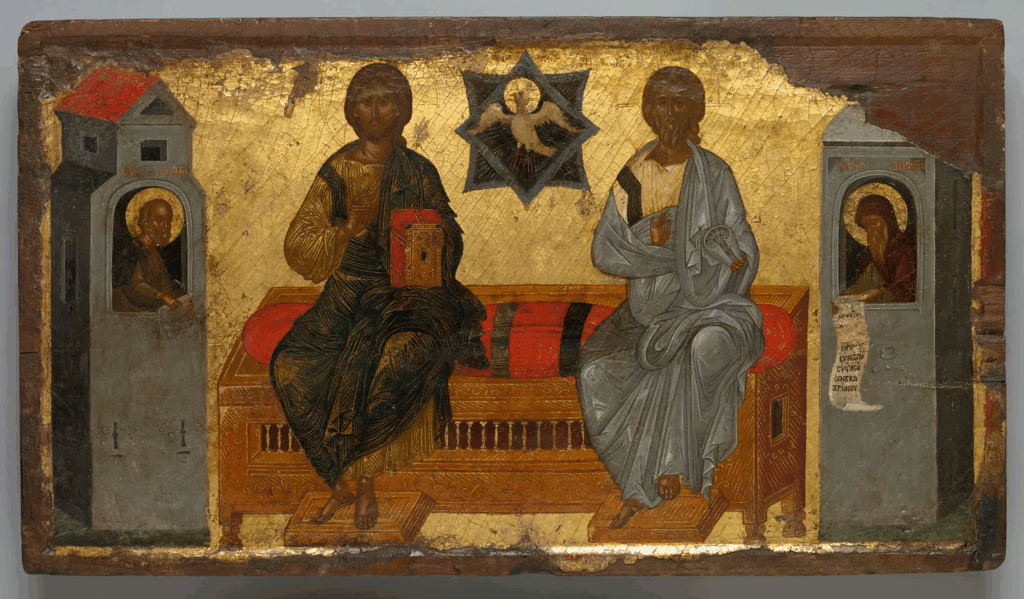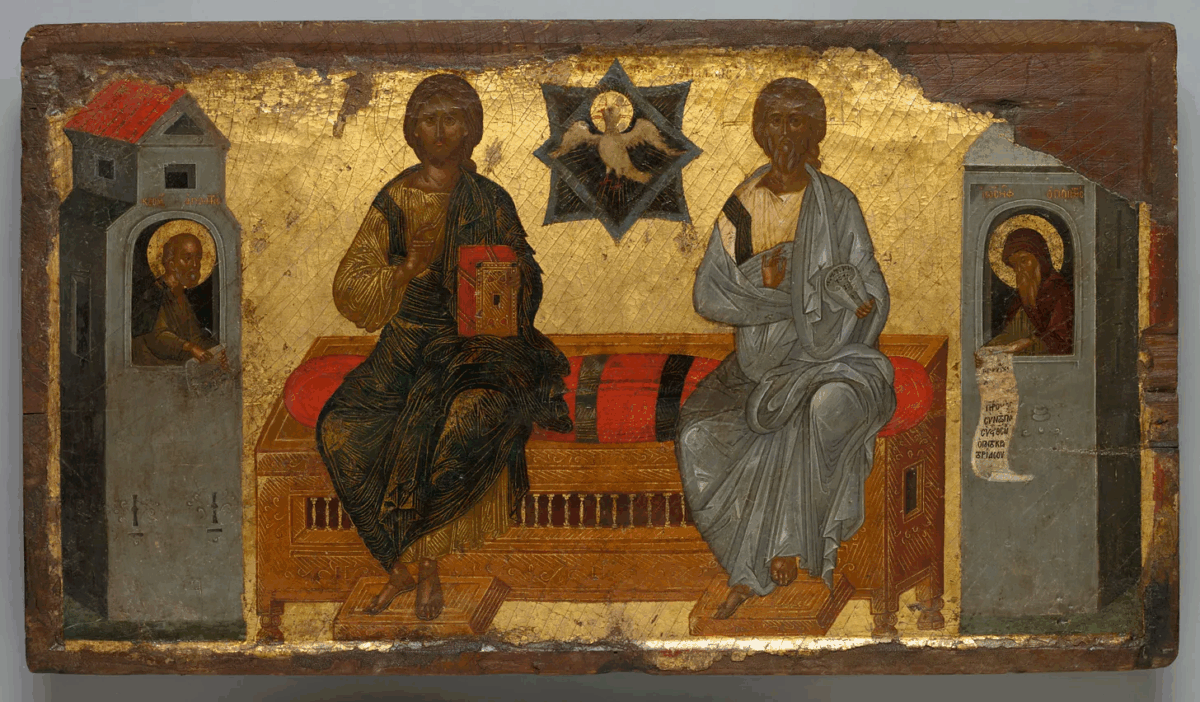
This is the editorial from our 2025 Michaelmas Newsletter. For the full edition and to join our network, click here
Scroll down for links to our latest resources.
What happened to our humanity?
Dear Friends,
Welcome to this edition of the T4CG Newsletter, with a special greeting to our new subscribers. As always, we’ve included lots of great content below which we hope will inform and inspire. To start, I want to reflect on the events of the past week in the UK—events that have left me, and I suspect many of you, deeply troubled.
Last Thursday evening, I found myself in Leeds railway station. In the main concourse, a Pro-Palestine demonstration was underway—a scene now familiar around the world. But on this occasion, protestors were masked and seemed emboldened; their chanting was aggressive, and the language of death was prominent. The timing and the tone framed the brutal murder of Jews in Manchester that very morning not as a tragedy, but as a grim “achievement” of war.
I was horrified. This was not mere insensitivity or indifference to the outrage earlier that day. The protesters’ behaviour was intentionally menacing. None of at least forty police officers did anything. The three officers I spoke to all said they were powerless to act. One even asked me to file a formal complaint with British Transport Police, which I did.
The intimidation tactics I witnessed, it later became clear, were part of a nationwide, coordinated campaign. In the media, the talk was of managing rights in a diverse society. But the issue at hand is not only one of free speech, nor only about the Middle East. And is it not a concern only for the Jewish community.
Both the attack and the menace that followed demonstrate a rupture of our common good. This dishonours us all. We are left with a deep sense of shame at what our country has become. Many people have been asking, “What happened to our humanity?” This question may seem naive or idealistic, but is exactly right.
Every era is shaped by a particular philosophy. The theological tradition of Catholic Social Thought helps us see that the animating idea of our collapsing era is liberalism—specifically, the extreme form known as neoliberalism.
This philosophy is built on the idea of “the unencumbered self,” a person reduced to an isolated, desiccated, soulless individual. This false anthropology has generated a false idea of freedom, which then demands a culture of personal preference where choice displaces meaning.
How different is this sad world of rights-bearing consumers from the vision of Christian anthropology—where, anchored in the Trinity, the truth of a human person is as a relational being created in the image of God.
The hyper-liberal spirit proclaims freedom, but is anti-human. Over the last few decades, its cult of self has infected our entire culture. The liberals of the political right endorse an economy that relies on cheap, mobile labour, degrading workers’ lives both at home and abroad. Those on the left promote identitarian dogma which distorts human identity, tempting people to self-sort into mutually hostile identity groups. Both forms have marketised society, producing a dehumanising estrangement—now, even to the point of murder.
The crisis here is real, and it is felt at every level. We may even be witnessing the collapse of trust in the British state. The stakes are high, but the future is not determined. We can—and must—be part of the antidote.
This is a time for kindness and friendship, but empathy and joint statements are not enough. What is required are acts of solidarity. Christians must build local relationships across class and opinion, across culture, faith and ethnicity. For believers, this vocation—this life of solidarity—is not optional; it is fundamental.
We need a new Christian humanism, one where our view of the world and society is grounded in an anthropology aligned with—not against—the nature of humanity. This means bringing a relational lens to rehumanise every decision. We have strayed far; the road back to reality will be long.
What is also required is the reform of our political economy. The answer to the question “What happened to our humanity?” must guide us. A new settlement is needed, at the heart of which must be a hard reckoning with power and economy—especially as the AI industrial revolution accelerates.
We must renew institutional life at every level. This will require a national story of solidarity—balancing rights and responsibilities—encompassed within a meaningful citizenship. It will mean distributing and decentralising power according to the principle of subsidiarity, and harnessing the power of capital to benefit family and community life. It will mean building an industrial strategy centred on the dignity of human labour.
But the root of the problem is spiritual, and so the solutions must be rooted in spirituality. As long as the flawed hyper-liberal anthropology maintains its hold on our society and politics, the crisis will persist. Some speak of a “quiet revival” of Christianity, but a faith-life focused only on individual salvation cannot resist the menace of totalitarian tendencies, nor the rise of ethno-nationalism, which itself springs from an identitarian worldview.
What is needed now is a relational spirituality, grounded in Christian anthropology, to guide our moral, social, cultural and economic life. A spirituality that orients us outward—to our neighbour and to God.
Every blessing
Jenny Sinclair
Founder and Director, Together for the Common Good
In this edition
Discover our latest resources via the links below.
To view the full edition, and join our network, click here
- Tony Uddin Disunited kingdom: peace-making in a time of polarisation
- John Clifton I was angry and you called me Gammon
- Edward Hadas I stand with my Jewish people
- Maurice Glasman and Jon Cruddas Statecraft for the Common Good
- Jenny Sinclair on Faith in the City: Forty Years On
- Jo Stow Autumn report on Common Good Schools
- Leaving Egypt podcast latest episodes – Luke Bretherton, Bishop Philip North, Jide Ehizele
- Signs of the Times and Recommended Books latest selection
- Events: our Staying Human series of ONLINE public lectures continues on 21 October with Susannah Black Roberts speaking on Being a Person in the Age of AI. Book your place HERE
This work happens thanks to a small number of wonderful supporters. To continue, we need to grow that number. Could you lend a hand by becoming a paid subscriber? From only £5 a month you can play an important role in enabling this work to continue and grow.
Join our network and subscribe here

